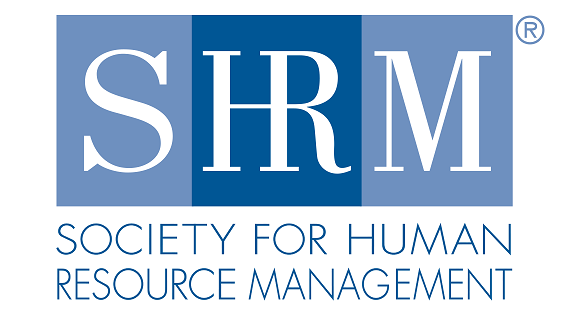An employee is having trouble assimilating to a workplace cu - SHRM-CP Practice Questions
Question
An employee is having trouble assimilating to a workplace culture and HR asks the individual whether they would be open to the idea of a reverse mentorship. How does a reverse mentorship differ from a traditional mentorship?
Answers
-
-
-
correct
-
Explanation
A reverse mentorship differs from a traditional mentorship in that both parties generally learn from one another. In traditional mentorship, the more experienced mentor imparts knowledge and guidance to the less experienced mentee, typically focusing on the mentor's expertise and insights. Conversely, reverse mentorship flips this dynamic, allowing younger or less experienced individuals to mentor their more seasoned counterparts, often in areas such as technology and current cultural trends. This reciprocal learning environment fosters collaboration and innovation, as both the mentor and mentee share insights and perspectives, benefiting from each other's knowledge and experiences. This approach not only helps bridge generational gaps but also enhances the overall learning experience for both parties involved.
No Payment Cards Needed





